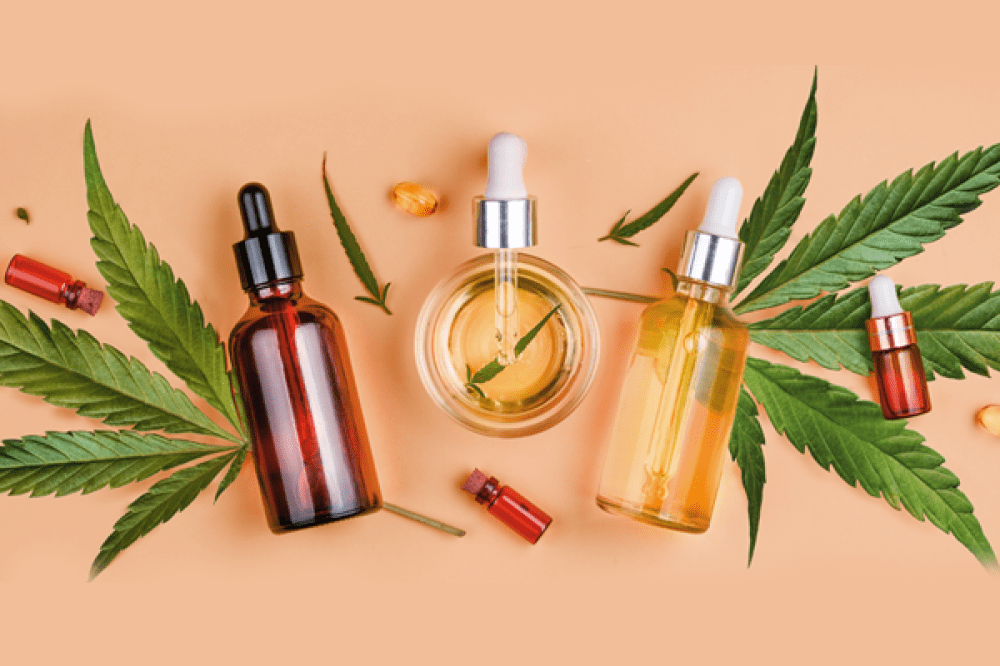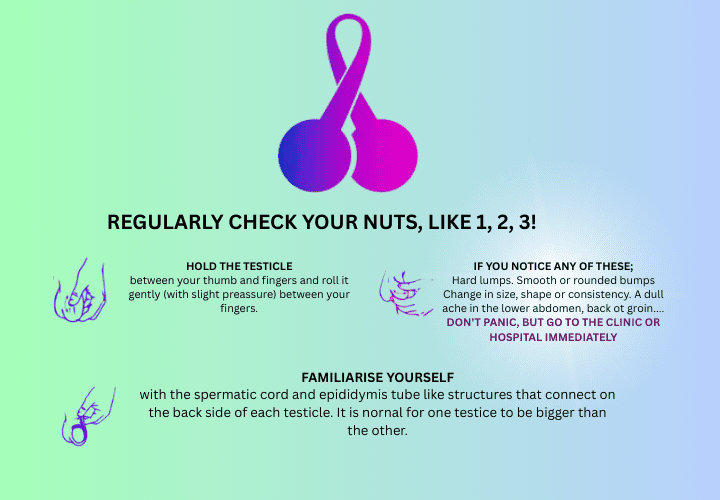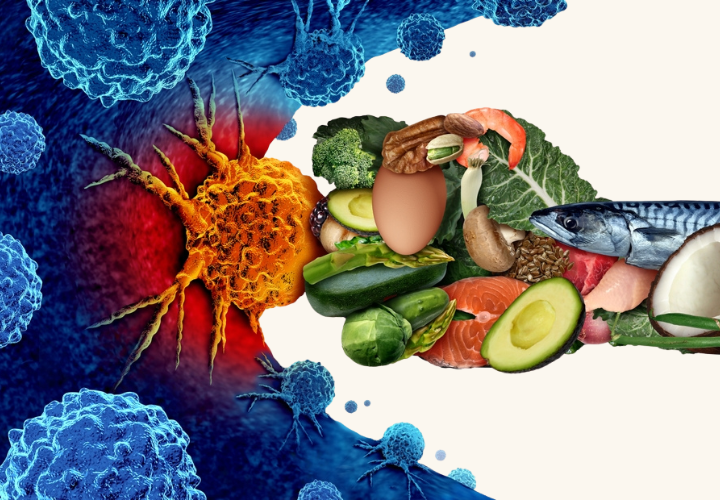Herbal Remedies for Stress and Anxiety

Herbal Remedies for Stress and Anxiety
- onco
- April 13, 2021
Herbal Remedies for Stress and Anxiety
Herbs have been used as medicine for thousands of years, and humans have been using spices on their food for as far back as 50,000 B.C. Whether you suffer from a lifelong illness of stress and anxiety or if you’re simply going through a stressful period in your life, natural herbs can be of great help. The medicinal properties of herbs, as well as their lack of any side effects, make them a good alternative to conventional drugs, and there’s no harm in trying. If you’re dealing with stress or anxiety, you can read on to learn how to better deal with them.
People with Anxiety should try these medicinal herbs to naturally cure and treat their anxiety. These herbs are effective for reducing stress and anxiety:
- Passionflower, this is considered a mild sedative and can help you sleep better. Research has shown passionflower helps ease up symptoms of anxiety, irritability, agitation, and depression. Passionflower is believed to increase Gamma-Aminobutyric Acid (GABA), a chemical that regulates brain activity, making you feel more relaxed and calm. Try a cup of passionflower tea thrice or twice daily or 20-40 drops of liquid extract a day.
- Kava kava is perhaps the most famous anti-anxiety herb there is. Kava kava is even more sedative and hypnotic than passionflower, so use it with caution; some people have reported feeling drowsiness or feeling sleepy. It has a peculiar taste that numbs your mouth, and has a long tradition of ritual and medicinal use for its sedativeand pain-relieving properties. Try kava kava as a tea or extract about thrice a week. However, those with liver problems should not use kava kava, recent studies suggest that over-consumption may damage the liver.
- Lavender is highly effective at reducing irritability and anxiety, increasing relaxation, a feeling calm and better sleep. A 2010 multi-centre double-blinded randomised study found lavender oil to be as effective as anti-anxiety medication lorazepam against generalised and constant anxiety. While lavender can be consumed in tea, it may work best as an essential oil, which also has no sedative effects whatsoever. Try using the oil as an aromatherapy solution.
- Lemon Balm is usually found in combination with other herbs, lemon balm also has anti-anxiety powers of its own. Use it in aromatherapy, try 300-500 mg of dried lemon balm thrice daily, or a ¼ to 1 teaspoon of dried lemon balm herb in hot water for a tea 3 times a day.
- Turmeric is one of the best herbs to consume or your overall health and wellness and is properly used in each Indian household. It has high levels of antioxidants, which improve blood flow to the brain andimprove heart health. Turmeric also has anti-inflammatory properties and has a great impact on depression. Turmeric reduces stress and increase longevity of the brain and heart. Consume ¼ teaspoon a day of organic turmeric.
- Basil is a brilliant natural immunity boosting herb, rich in nutrients that improve cognitive function andhelp reduce stress.
- L-theanine is a water-soluble amino acid found predominantly in green tea and black tea and is also available as a supplement. Studies have found that l-theanine acts effectively on the brain, and reduces stress and anxiety without causing drowsiness. A typical cup of black tea contains about 25 mg of l-theanine and green tea only about 8 mg. A cup of tea a day may be soothing and calming, but if you want a more potent effect you could try a supplement of 200 mg a day.
- Nutmeg is a relaxing spice, used in folk medicine to treat anxiety and depression. A little dash this spice can go a long way, so don’t overdo it, a little pinch here and there is all you’ll need.
Like all medicinal recommendations, these herbs may not be for everyone, but they can be mighty helpful when they’re used in the right dosage and are correctly matched to fit your requirements. Consult with your medical practitioner before taking any alternate herbs if you’re already on medical prescription medications for sleep, anxiety, or depression, of if you’re taking blood thinners.
Recent Posts
-
Can Testicular Cancer affect fertility?
April 23, 2025
-
Why are Breast Cancer Cases Increasing Around the World?
April 17, 2025





Leave a Reply